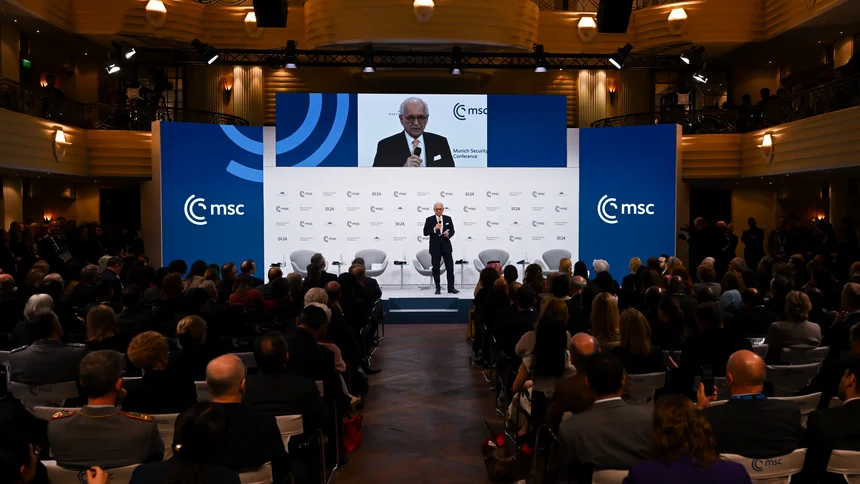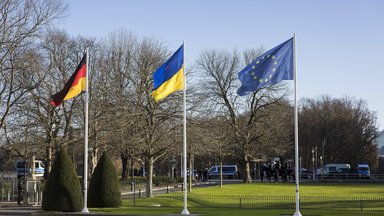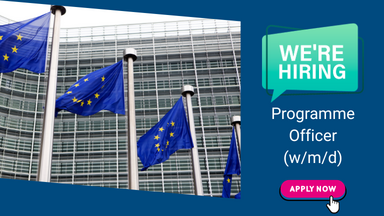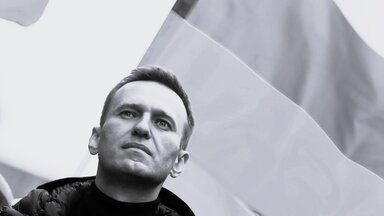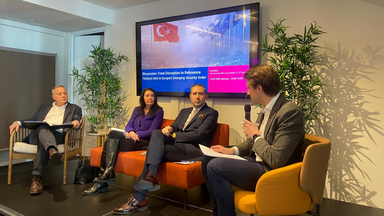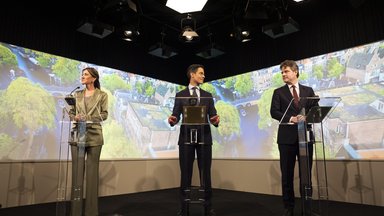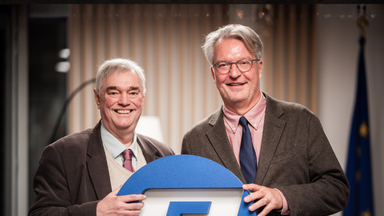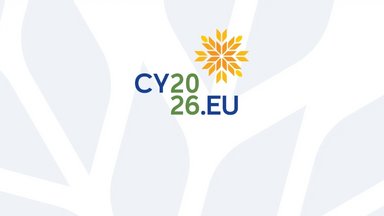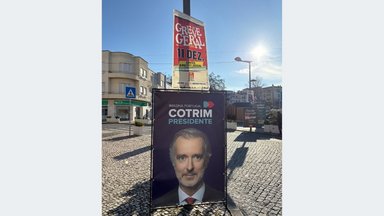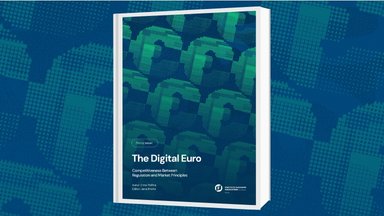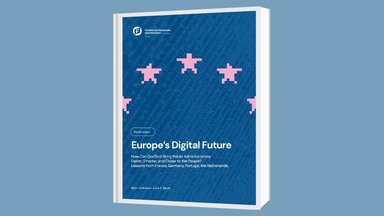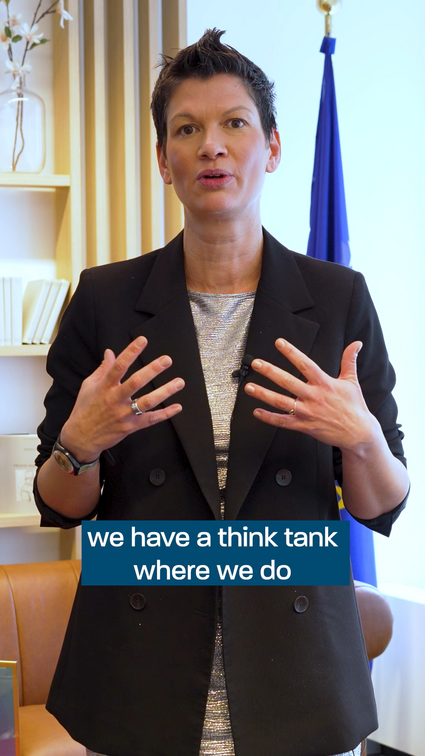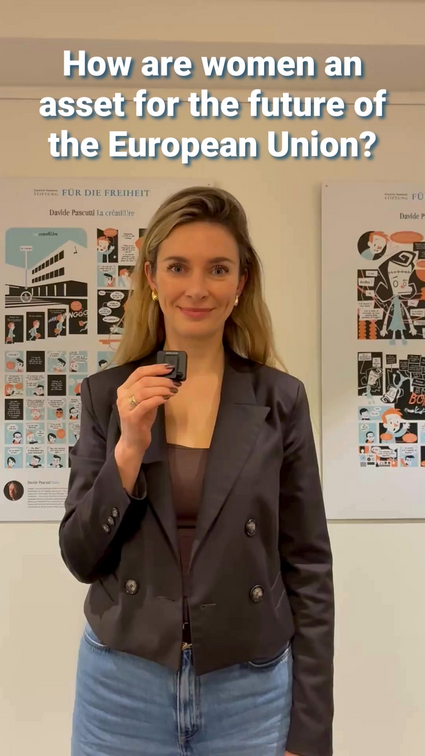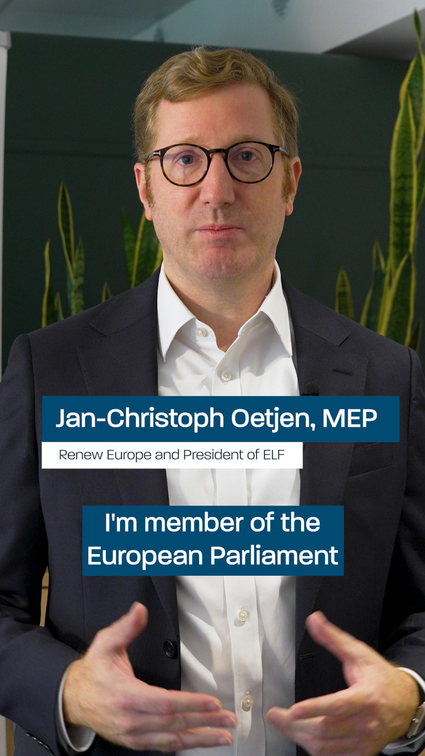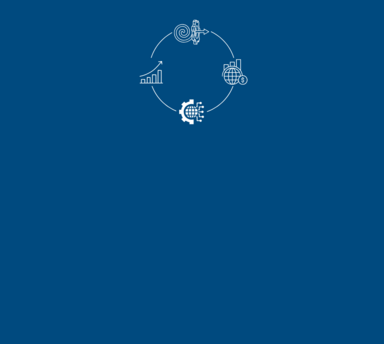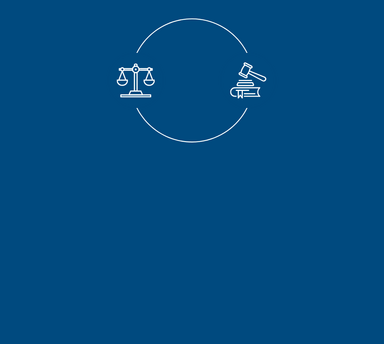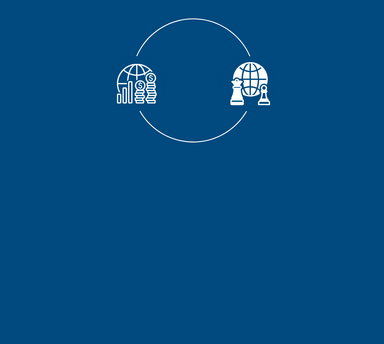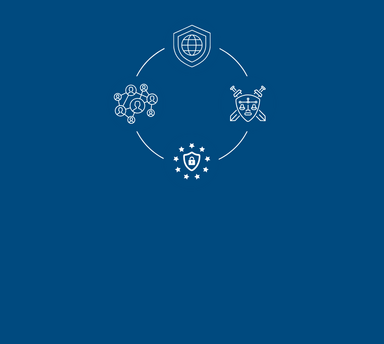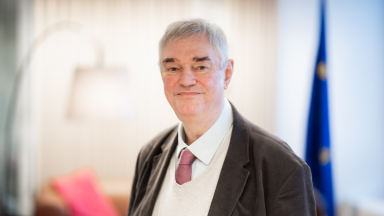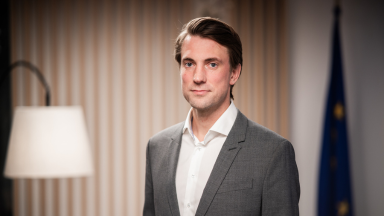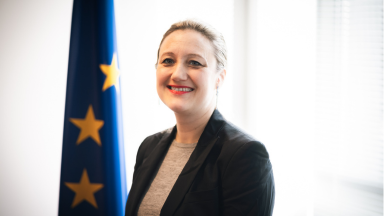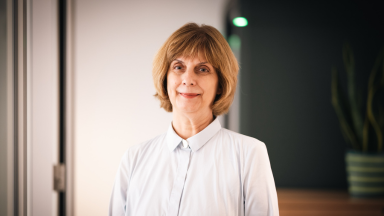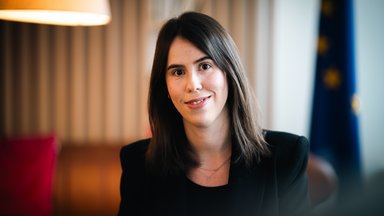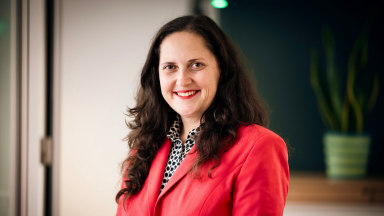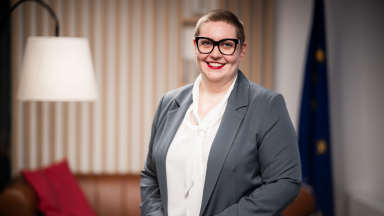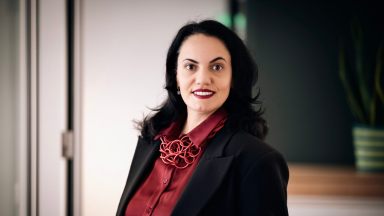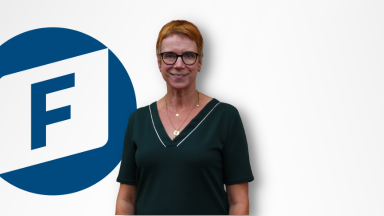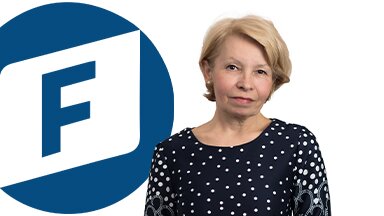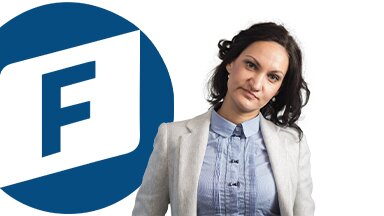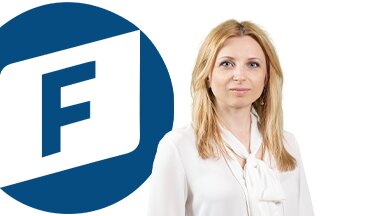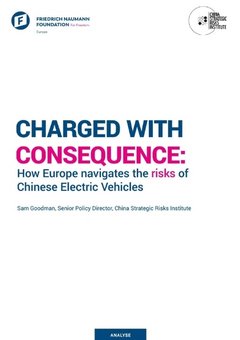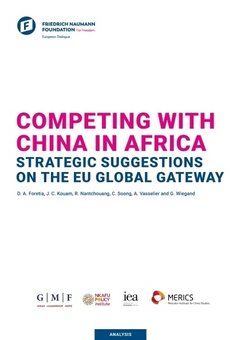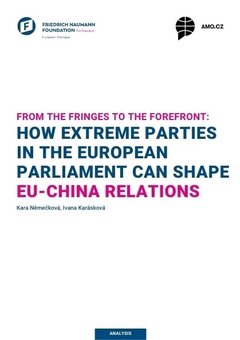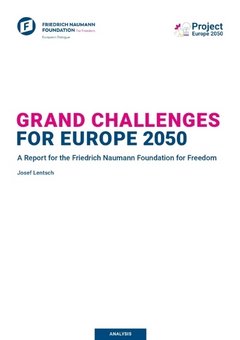Europe
The Friedrich Naumann Foundation for Freedom Europe (FNF Europe) operates offices in Brussels, Prague, Vilnius, and Geneva.
By connecting EU experts, civil society, and decision-makers, we aim to foster open dialogue and explore liberal policy solutions to European challenges. In collaboration with our liberal partners, we create engaging formats and campaigns to promote fundamental rights, the rule of law, geopolitics, and geoeconomics. Additionally, we coordinate EU co-funded projects in areas such as the internal market, digitalization, and innovation.
News
-
Munich Security Conference: 3 Takeaways for Europe’s Future
There was consensus among Europeans in Munich: the international order has changed. Major powers threaten to monopolize power. How must Europe reshape its foreign and defense policy?
-
Four Years of the Zeitenwende
On February 24, 2022, Putin invaded Ukraine. This changed the world. What happens next?
-
Programme Officer (w/m/d)
Zur Verstärkung unseres Teams in Brüssel suchen wir Sie zum nächstmöglichen Zeitpunkt, in Vollzeit mit 38 Stunden / Woche als Programme Officer (w/m/d).
-
Alexei Navalny – A Fearless Democrat
Alexei Navalny, anti-corruption activist and leading Putin critic, died two years ago in Russian prison. He embodied democratic resistance—combining patriotism, political ambition and defiance.
-
Türkiye at the Crossroads Amid Geopolitical Shifts — Events in Brussels and Berlin
FNF Türkiye and the Global Security Hub present a report by Prof. Mustafa Aydın on Türkiye’s geopolitical role, EU relations, and European security. Events in Brussels and Berlin explored cooperation, strategic autonomy, and future partnerships.
-
The Dutch Liberal Gamble: D66 and VVD Revitalize Dutch Politics and European Cooperation
A bold minority government puts Dutch liberalism to the test. Can D66 and VVD deliver stability, security, European cooperation without a majority? Read how this could reshape Dutch and EU politics.
-
One Europe - FNF Restructuring
FNF Europe Merges with FNF East and Southeast Europe. From 1 February, we become ONE European region with the Head Office in Brussels, growing together to shape the future of freedom across our continent. We are delighted to welcome our FNF colleagues from Ukraine, Türkiye, Bulgaria, Romania, Moldova, Georgia, Armenia, Serbia and Bosnia and Herzegovina to begin this new chapter under the leadership of Jules Maaten!
